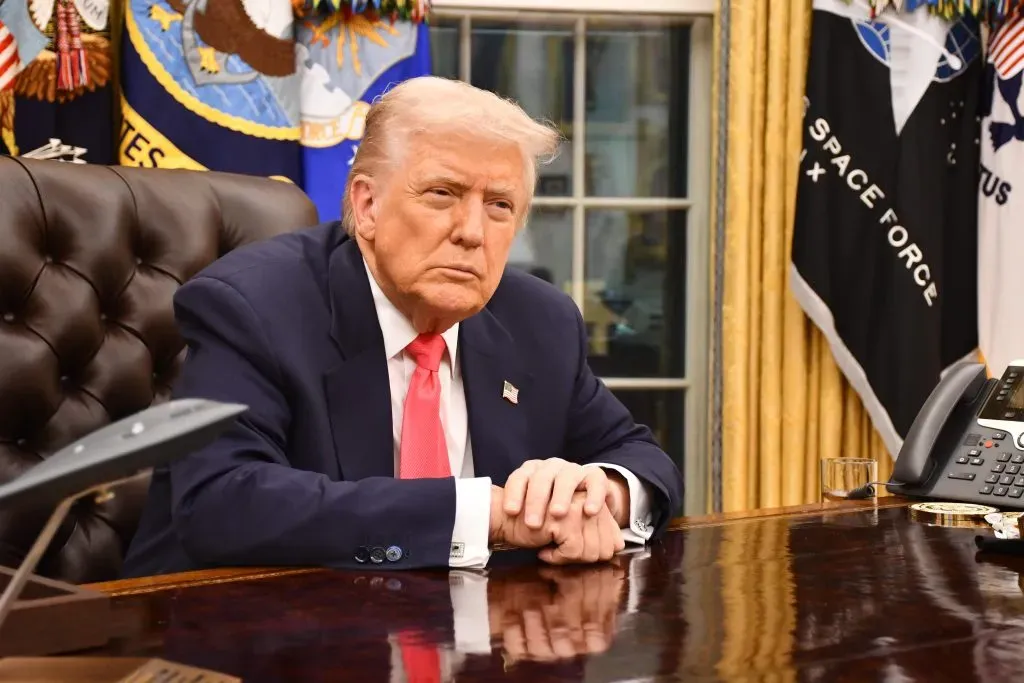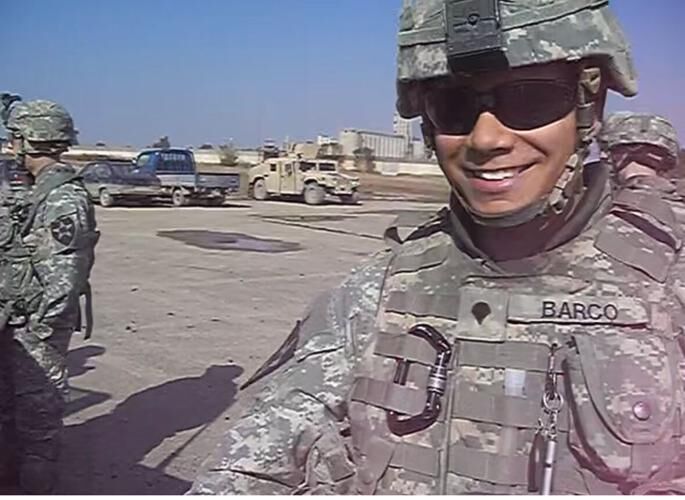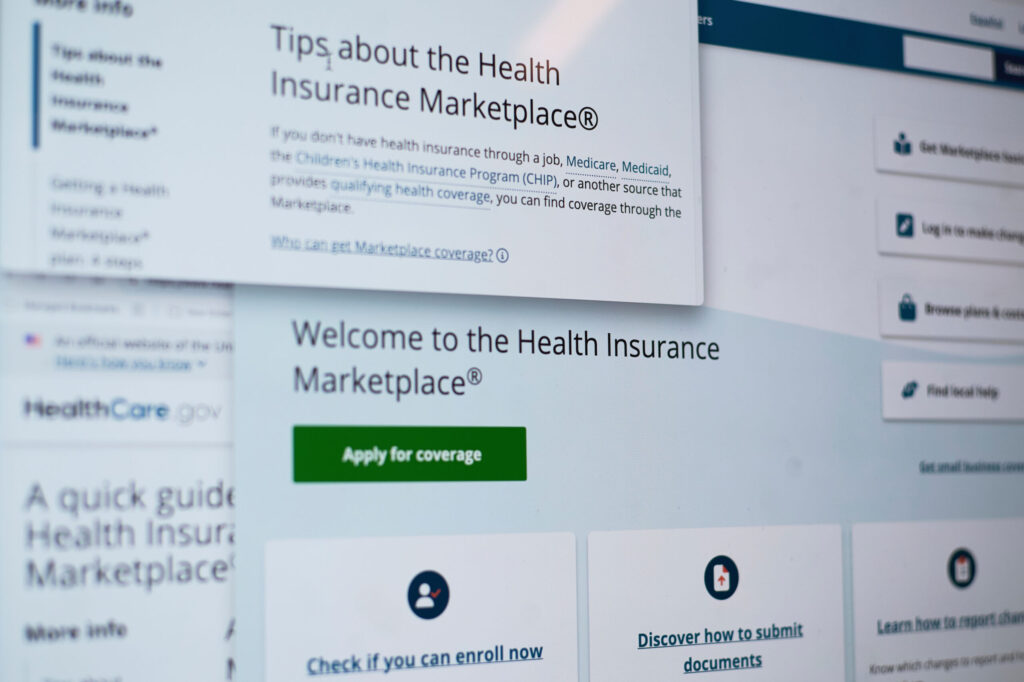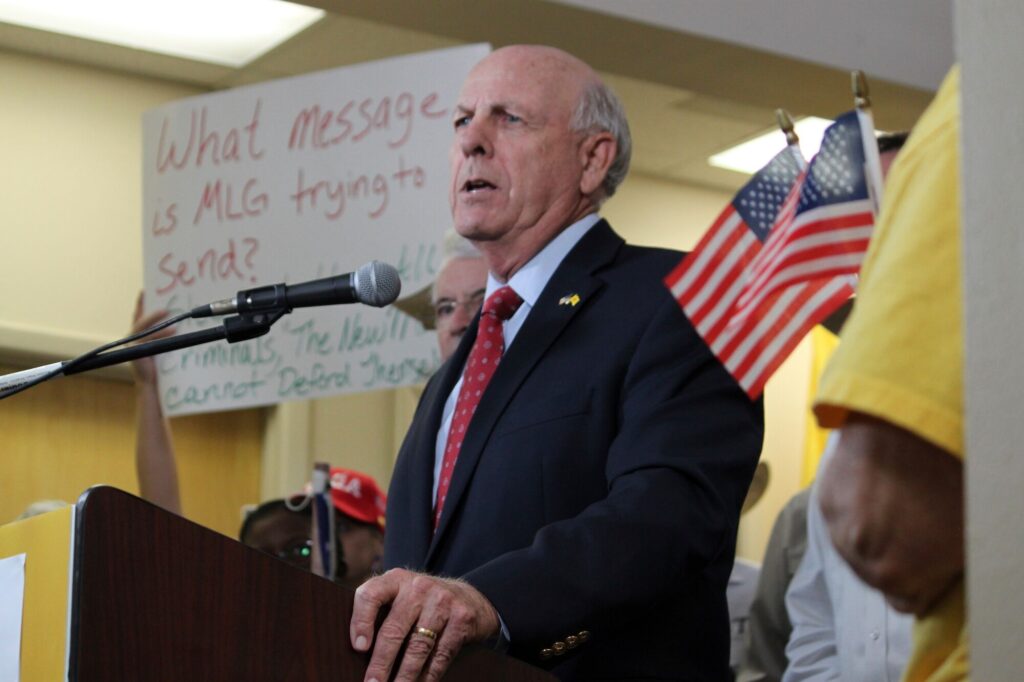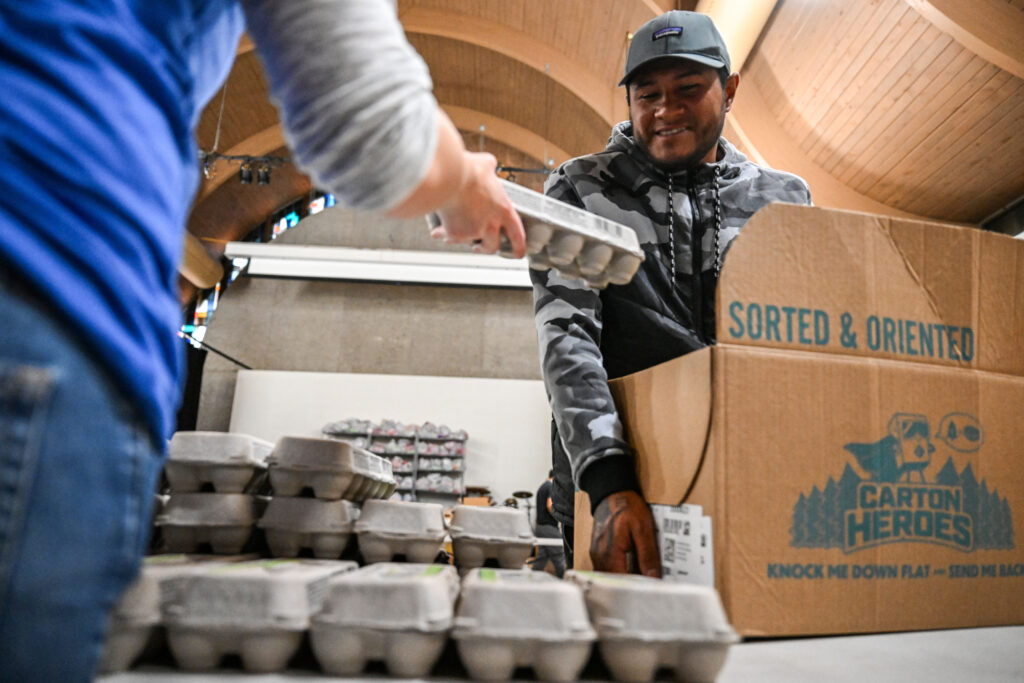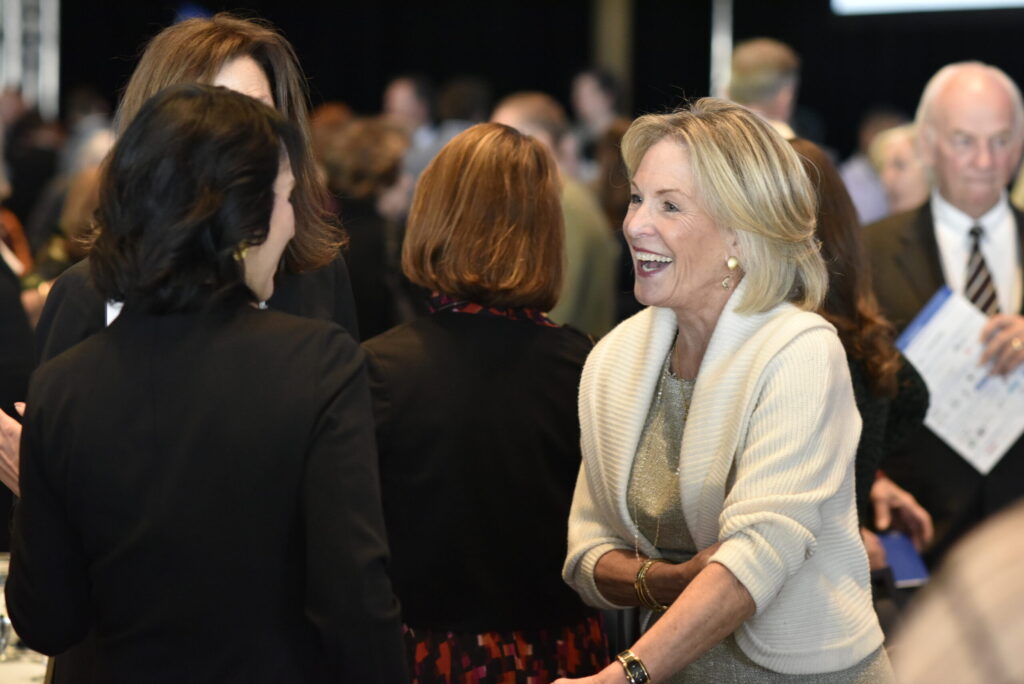Transportation deal for Colorado goes back to the starting line in Senate Finance Committee
Republicans on the Colorado Senate Finance Committee killed the session’s most important bill that resulted from months of negotiations to address the state’s ailing transportation system.
That drives lawmakers back to the start on finding a solution to billions of dollars in needs and no new tax money to pay for them with just two weeks left in the 16-week legislative session.
House Bill 1242 would have asked voters in November to pass a 0.50 sales tax increase to remedy interstate traffic jams, construct more mass transit and give hundreds of millions of dollars a year to local governments to pay for maintenance and expansion of roads and bridges. Local communities also could have opted for bike paths, busses or other ways to move people around.
Another bill, Senate Bill 267, would reclassify a state fee on hospital-bed occupancy to get it out from under a constitutional spending cap. That bill would also create a 20-year bond program to direct $1.2 billion towards state roads and highways. But that bill, too, has an uphill battle.
Senate President Kevin Grantham of Canon City, a co-sponsor of House Bill 1242, said cities and regional transportation areas that can afford to will address their problems and leave “doughnut holes” of poor roads in regions across the state.
He didn’t put much stock in polls that indicated the tax hike would fail in November.
“I know without a doubt if it doesn’t get on the ballot, it won’t pass,” Grantham told the committee.
Sandra Hagen Solin of the statewide coalition Fix Colorado Roads said support inches up as the amount of a tax request goes down.
“Shocker,” she told the committee.
The state’s Taxpayer’s Bill of Rights in the state Constitution requires voters approve any tax increase, which is what House Bill 1242 would have done.
Randy Baumgardner, chairman of the Senate Transportation Committee, asked the committee to “think about it” before they voted on the bill.
“If it goes away, i don’t know what we’ll do,” he said. “Start again? There’s no starting again.”
A new bill would be a hail Mary, leaving scores of influential interest groups strategizing about how to collect 98,492 signatures from registered voters to get a measure onto the November ballot. Jon Caldara of the libertarian-leaning Independence Institute in Denver already is planning one to fund highways without funding transit and other needs his supporters see as frivolous.
House Bill 1242’s fate was all but sealed before Tuesday hearing, as Republican committee members Tim Neville of Castle Rock, Owen Hill of Colorado Springs and Jack Tate of Centennial said they couldn’t support the sales tax. The state’s roughly $28 billion budget for next year would be the state’s largest ever.
Hill said opposition to the bill is not partisan, citing the bill’s sponsorship by Grantham and Baumgardner, both Republians.
But he said he couldn’t ask local businesses to defend themselves at the ballot.
“It requires people who are struggling, local businesses struggling to compete with Amazon and a host of online retailers …we now force them to have to come out and spend time and energy and resources to educate their neighbors that this is bad for their business,” Hill said.
Tate said lawmakers should exhaust options before asking taxpayers for more and questioned whether there is a cost of waiting on other legislative options.
Committee member Lois Court of Denver said, “I’m frustrated — beyond frustrated … we don’t have time to find another solution that has been as thoroughly vetted, thoroughly discussed and thoroughly considered as this has been.”
She chastised other members of the committee for thinking a “magic solution” is going to present itself.
While numerous local government leaders and associations asked the committee to support the bill Tuesday, others were concerned about the state raising the sales tax by half a penny on a dollar purchase. Usually, cities rely on asking its voters to raise sales taxes for local needs.
Colorado Springs residents raised the city sales tax by 0.62 percent two years ago to raise about about $50 million a year for five years. The city’s share of the state’s proposed 0.50 tax, however, would be only about $18 million, said Rachel Beck of the Colorado Springs Chamber of Commerce and EDC.
“That’s not a deal we can make,” she said.
The bill came out of the House with a 0.62 percent sales tax increase and no existing money from the state budget. Two weeks ago the Senate Transportation Committee lowered the tax to 0.50 percent and put in $100 million from legislature’s General Fund.
Throughout the afternoon, local government leaders pressed the committee about how important the bill was.
While Republicans have chafed about the amount of money that could go into multi-modal solutions instead of wider highways, those groups maintained support for House Bill 1242.
“It is extremely disappointing that just three Senate Republicans stood against the very tenants of TABOR and refused to let the people of Colorado vote on whether to tax themselves to improve our crumbling transportation system,” saidPete Maysmith, the executive director of Conservation Colorado..
“Coloradans from across the state weighed in and said they wanted a way to fix our roads and bridges, build safer sidewalks and routes to schools, and invest in infrastructure to move people, not just cars.”
Westminster mayor Herb Atchison spoke on behalf of the Denver Regional Council of Governors, the North Area Transportation Alliance, the U.S. 36 Coalition and the Denver Metro Mayors Caucus.
“We understand this has been a big give and take,” he said. “We have not been able to find another alternative to finance this. As someone said, potholes don’t find partisan politics. They’re there.”
Clear Creek County Commission Tim Mauk told the committee the Interstate Mountain corridor and the communities along it are in drastic need of solutions.
He said there are more than $800 million in projects east of the Eisenhower Tunnel.
“What we are doing now is just building to the next bottleneck,” he told the mind-made-up committee. “If we’re able to come up with that money, the next bottleneck, in my opinion, is the Eisenhower Tunnel — $2 billion.
“Where do we get the financing to get us out of this situation? We’re impacting the quality of our life, our vacations and the state’s economy. I strongly urge you to support this.”
Opponents said lawmakers have a larger budget every year and choose other priorities for it. The state also is paying off bonds this year that could free up $167 million annually, and that money hasn’t been rolled into new bonds for highways.
George Allen, representing the Douglas County Republican Party, opposed the sales tax hike and campaigned to defeat one in Parker in 2015.
“If this bill gets on the ballot in November, I’ll use the same campaign model to work to defeat it,” he told the committee.
There were plenty of skeptics of the bill who also desperately wanted a fix to the state’s transportation quagmire.
Barb Delles, chairwoman of the Colorado Motor Carriers Association noted that truckers pay 33 percent of the taxes and fees that pay for transportation, but represents just 8 percent of the traffic while moving 80 percent of the freight that flows through the state.
The association supports taking a request to voters, but thought the bill was flawed in several ways. The Colorado Department of Transportation stood to get less than half the money, with the rest going to transit and local communities. Voters don’t have a fully funded list of projects, and no idea at all how local communities would spend their share of the tax.
Most voters are frustrated by interstate traffic jams, not unidentified projects, lessening the likelihood the hike would pass in November.
“Realizing this will be the largest bond in our state history we believe the elected officials should fully be aware of what they’re voting on,” Delles said.
House Speaker Crisanta Duran released a statement ahead of Tuesday afternoon’s foregone conclusion:
“In the opening days of this legislative session, Governor Hickenlooper, Senate President Grantham, Senate Minority Leader Guzman and I called for a bold, bipartisan transportation plan that addressed the state’s critical and growing need for long-term investments to repair our aging infrastructure and expand it to account for current and future growth.
“In March, we introduced bipartisan legislation to address the transportation needs of every corner of Colorado. The proposal would refurbish our dilapidated state highway system and give city and county governments the dollars and flexibility they desperately need to address their own priorities. The program would deliver billions in investment over 20 years, positioning Colorado for sustainable growth well into the future and creating thousands of good paying jobs, including in our most economically stressed regions.
“Today, the Senate Finance Committee has the opportunity to show true leadership and advance the plan one step closer to a final decision by the voters this November. Seizing this opportunity would honor our bipartisan partnership with the dozens of organizations, advocates, business leaders and local governments, and the many thousands of Coloradans across the state who have endorsed the plan.
“The plan fits well into the state’s constitutional framework – asking the voters to decide whether to accept a new revenue stream. It’s a choice the voters deserve to make. It’s a choice the legislature should provide.
“If we spend too much time stuck in traffic on our way to and from work—if weekend getaways around our scenic state are frustrated by gridlock—if a lack of transportation options forces our seniors out of their homes and into assisted living—our quality of life will suffer and our economy will lag.
“Unless the Senate majority steps up today, the people of Colorado face a future of potholes and traffic jams. Colorado’s businesses will face increasing difficulty getting their goods to market. The House has delivered a strong, viable solution with bipartisan support. The Senate majority should do the right thing and let the people decide.”




